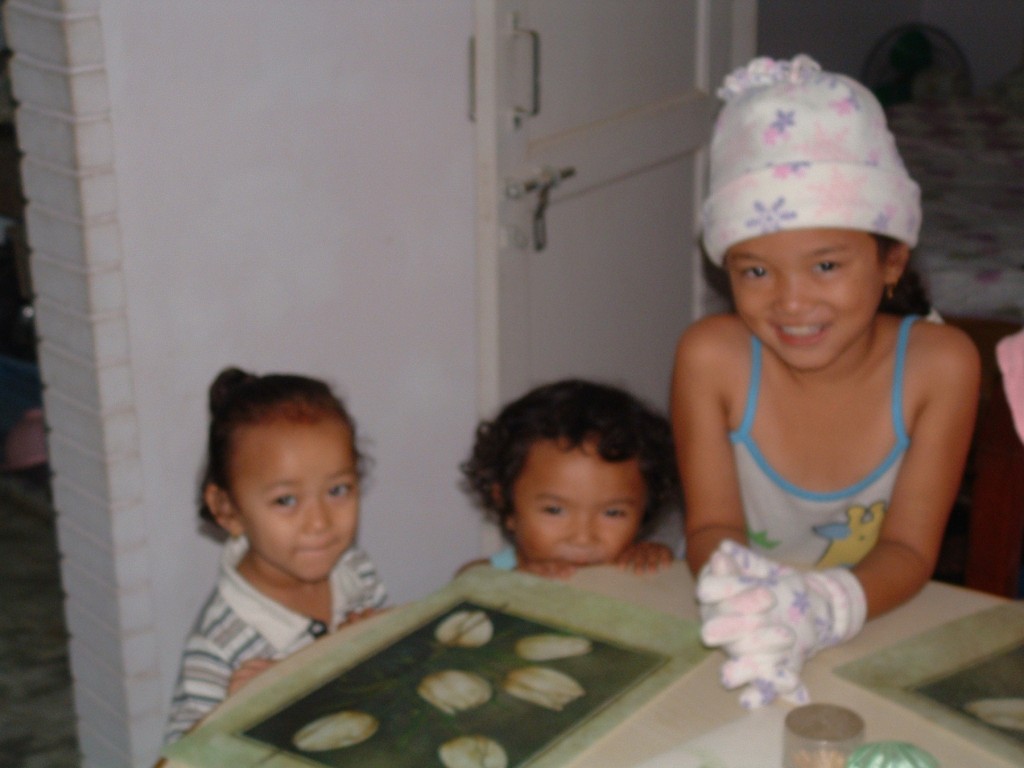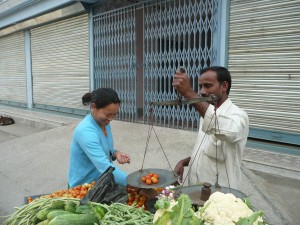Mahabir Pun’s family, like many families that live apart, is feeling the negative impact. Both daughters grew up with his long absences but it has not made it any more digestible. Speaking to Juna in 2012 she told me she “feels lonely” without her father. Like her counterparts around the world she is a busy teenager. She attends school six days a week from sun up to early evening. She studies native dancing and socializes with her friends. But despite living with relatives she prefers the days her father is home. Jharana is more resilient. She is never far from his side when he is home, but she seems to accept his departures in stride. Watching them part one day went like this: Ommaya nodded and watched from the doorway; Juna stayed back in the house; and Jharana clung to his hand until he got in the car, then she ran to be by her mother’s side in the entryway and watched the car pull away. I think she was more disappointed in not going with him then his departure.
Juna, the oldest, is reserved so it is hard to gauge her feelings. She doesn’t engage in conversation like her younger sister. Jharana is expressive in her sadness over the parting but she quickly found activities to divert her attention…such as supervising me. Ommaya, is a busy mother and homemaker. Along with raising her daughters, managing her home and tending her garden, she was studying clothing construction. She is surrounded by her extended family and she accepts the departures with grace. It is her way to support her husbands humanitarian and entrepeneurial projects. Ommaya understands his goals go beyond educating the Nepali population and require his constant attendance.
Mahabir Pun does not accept payment for his speaking engagements but he does receive a monthly stipend from Himanchal Education Foundation. By western standards it is very small. By Nepali income standards it is a comfortable sum. He depends on this money and living in his uncle’s home to support his family. This allows his to send his daughters to private schools but you will not find expensive toys or electronics in his home. He does not care about material possessions except to keep his family comfortably clothed and fed. His wife and daughters are proud of Mahabir and they understand he is not only a father to his own children…he is a father to all of Nepal’s children.
During my travels and research for the book I spoke to many people who worked with Mahabir. Join me next week as I begin chapter ten and start to expand on the man and his work ethic.


